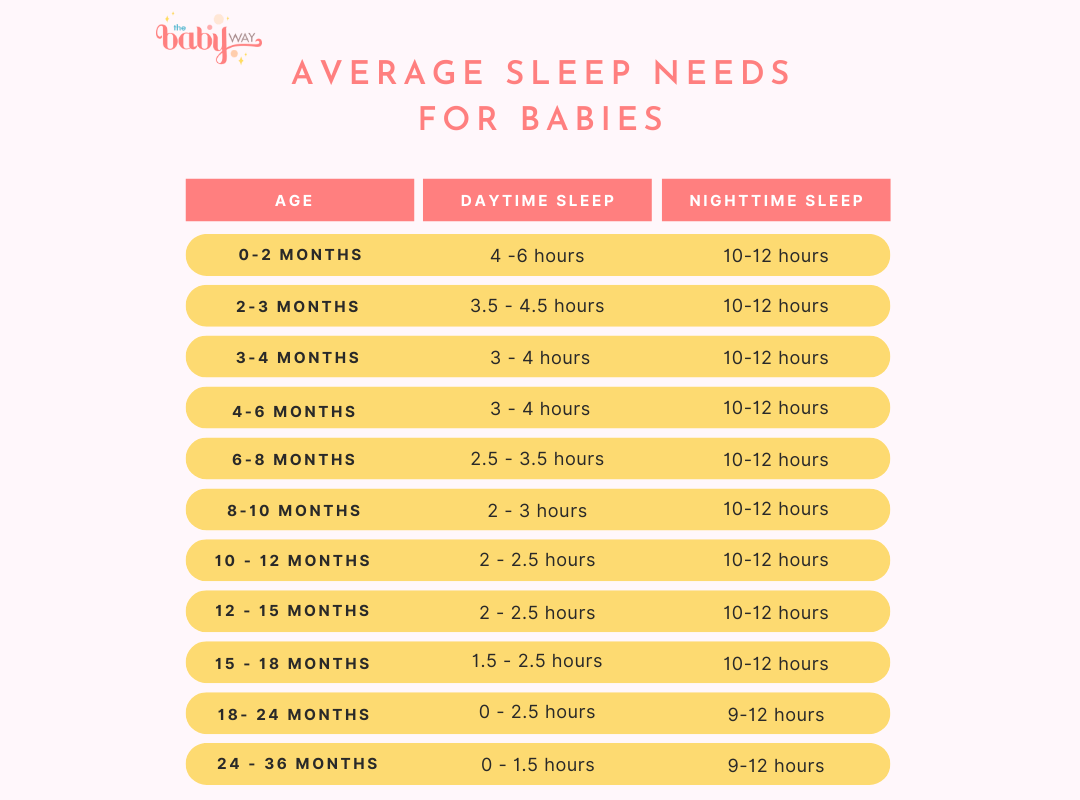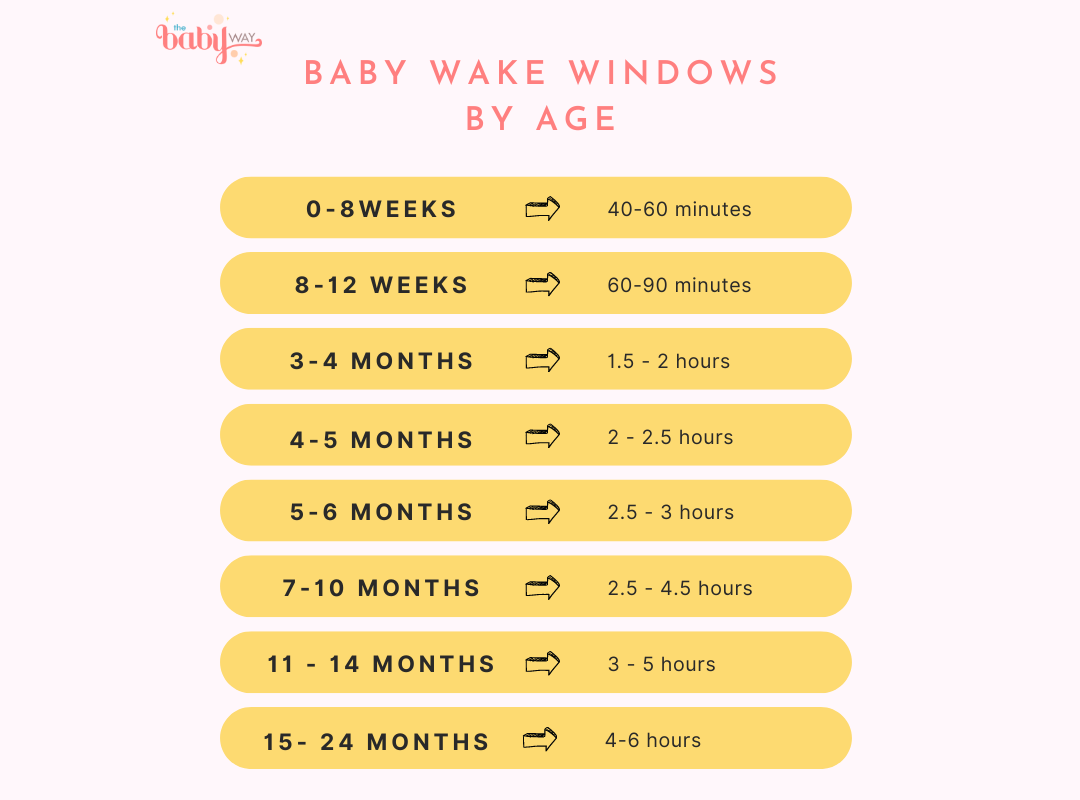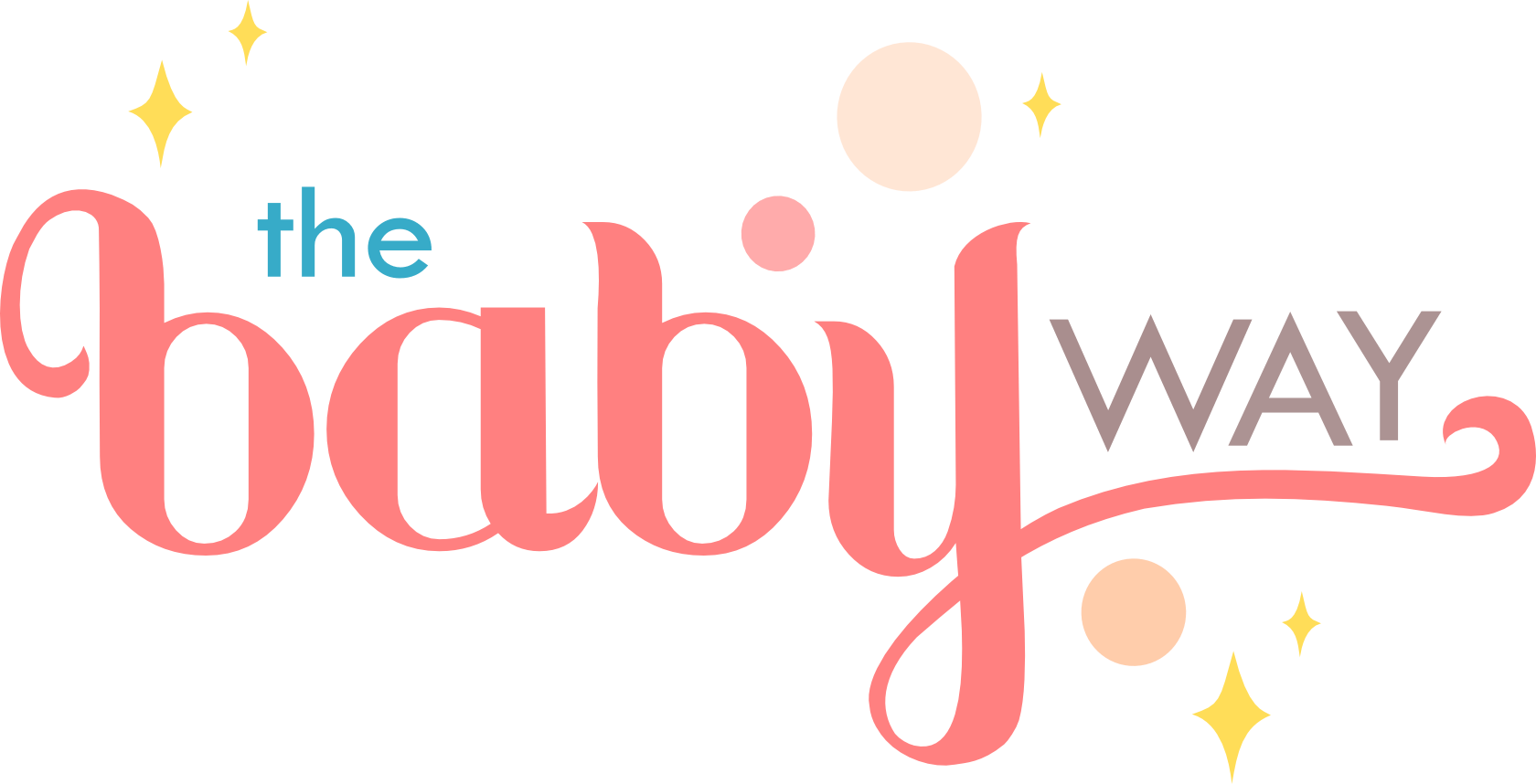Are you struggling with a baby that wakes 30-60 minutes after going to bed? This phenomenon is called false starts. Let's learn about the causes and what you can do about it.
You know those days when you are counting the minutes until bedtime? It's ok, every parent has been there.
You are just waiting until this cutie pie is finally in bed, and you can lie on the couch and scroll through your phone.
You get your baby ready and put them to sleep. You are relieved.
And then suddenly, you hear them whimper.
You are not sure if it was really your baby or if you are imagining it like when you are in the shower (the famous shower baby cries, you know).
But then you hear them again, and you know they are up. Big sigh.
So now you try to get them back to sleep, but they don't seem tired! It's as if they thought this was a nap. The bedtime routine, the bath, reading a book. Do they think all this was for a nap? That is kind of insulting.
And in the worst case, this starts to happen night after night. So now you are just at a point where you are waiting for them to wake up. And then you look at your husband and make it silently clear that it's his turn.
Don't worry, dear parents! I know it can be frustrating, and you're allowed to be annoyed. But I have some very useful tips to help you get out of this not-so-pleasant phase. So if you want to find out why your baby is treating bedtime like a nap, continue reading.
This article covers:
What Are False Starts?
If your baby wakes 30-60 minutes after bedtime, we refer to it as a false start. Sometimes it is not that difficult to resettle them to sleep. But sometimes, they treat bedtime as a nap, and then they are fully awake.
I love when my baby interrupts my evening of useless scrolling on my phone...said no mom ever.
During a wake window, your baby's sleep pressure or need for sleep slowly increases. The longer the wake window, the higher the sleep pressure. So if your baby wakes from sleep in the evening, often after their first sleep cycle, sleep pressure is too low, and they don't fall back asleep or need excessive help.
Why Is My Baby Treating Bedtime Like A Nap?
The main reason your little one will treat bedtime like a nap is undertiredness. I know that everyone out there scared you about an overtired baby. But oftentimes, parents actually put their baby to bed too early. Their baby is not tired enough to sleep for a good amount of time and hence wakes more often at night or shortly after bedtime. Some babies will even wake in the middle of the night and stay awake for hours. But let's look into the reason in a little bit more detail first.
Too Early Bedtime
If you are like me, you were probably taught the concept of a bedtime at 8 PM sharp. While an early bedtime is beneficial to young children, you also have to take a look at the overall daytime sleep your child is getting.
If you have a very young baby (up to 3 months), a later bedtime often works much better. These babies are still in the newborn phase, and their circadian rhythm is developing. During this time, they often sleep more during the day than at night.
If your baby is closer to 8 months and still has afternoon naps, a bedtime too early can also lead to false starts.
Too Much Daytime Sleep
As your baby grows, their need for daytime sleep decreases. Until the age of 2-3, they will need less and less sleep during the day until they drop their only nap of the day.
The math is simple. If your baby is napping too much during the day, they will miss out on sleep at night. Nighttime sleep is compensated by daytime sleep.
About To Drop A Nap
Babies drop naps at 8-9 months, 14-18 months, and 2-3 years. During the nap transition, it often happens that babies have a hard time adjusting to the new wake windows. They get tired early in the evening and hence have an earlier bedtime.
Late Wake-Up Time
While I was never granted the experience of a baby sleeping later than 7:30 AM (which was already considered VERY LATE in my house), there are some babies that love their morning sleep. Normal waking hours for babies are between 6 AM and 8 AM. Everything after 6 AM is normal and not considered an early waking.
But if you are a chosen one and your baby is starting the day only after 8 AM, you should rethink bedtime. An 8 PM bedtime might not be late enough for your little one.
Low Sleep Needs Baby
While it is often promoted that babies should sleep 12 hours every night, the reality is that for most babies, 10-11 hours at night are enough. You don't necessarily need a 7 AM-to-7 PM sleep schedule.
There are low sleep need babies that simply need less sleep than the average. Sometimes parents are freaking out because their baby or toddler doesn't want to nap. But as long as your baby is happy and content during the day, they are fine, even if they sleep less than 12 hours at night and have fewer or shorter naps than other babies.
Check out my article below to find out if you have a low sleep needs baby.
The Wake Windows Are Not Right
Once your baby has dropped the afternoon nap, you should always make sure to have your longest wake window before bedtime. Even if your baby has just the right amount of naps with the right length, if the last wake window is too short, they might not have built up enough sleep pressure for the night.
The wake window in the morning is usually the shortest. The next wake window until the lunch nap might be slightly longer. If your baby still has an afternoon nap, they shouldn't nap past 5 PM if you are aiming for a bedtime between 7-8 PM.
Short Naps
In general, short naps are not a problem if you don't mind them and if your baby is still happy during awake time. Sometimes sleep consultants will tell parents that short naps are not as restorative as long naps or that their baby might develop sleep deprivation if they only have short naps. But this is not true. You will inevitably see in your baby's behavior whether short naps work for them or not. On another note, short naps are normal evolutionary infant sleep behavior. They are supposed to protect the baby just like night wakings.
Sometimes, however, short naps can interfere with baby's night sleep. Logically, your baby needs more naps during the day to make it to bedtime. Then the last nap may be too close to bedtime. And that can lead to baby also treating bedtime like a nap.
What Can I Do To Stop False Starts At Bedtime?
Sometimes false starts are the result of a combination of multiple reasons. Therefore, it can make sense to take an overall holistic look at your baby's sleeping behavior throughout the day, from waking time to naps and wake windows.
Reason: Too Early Bedtime
Solution: Check length of last wake window and watch for tired signs
As mentioned, ensure the last wake window is the longest during the day. Don't fixate on a set time to get your baby ready for bed but instead, pay closer attention to their tired signs. You can read my article below on sleepy cues of babies.
Reason: Too Much Daytime Sleep
Solution: Inform yourself about the age-appropriate amount of daytime sleep, wake from naps
Your baby's sleep needs will constantly change. Even as little as 15 minutes can make a big difference. We all know what an impact a 5-minute power nap in the car can have on bedtime when it happens in the late afternoon. Your baby will turn into a party monster and all of that just because of 5 minutes of sleep at the wrong time. So check if your baby's overall amount of daytime sleep needs adjusting.
And if needed, wake your baby from their naps. We all love a napping baby, and nap time is holy, but if it interferes too much with nighttime sleep, no one is really gaining any advantage.
Reason: About To Drop A Nap
Solution: Delay other naps and slowly increase the last wake window.
If your baby is about to drop a nap, they sometimes need time to adjust to less sleep during the day. Nap transitions can take a few weeks until your little one has fully adjusted. Until then, you can make it easier for your baby by slightly delaying the other naps by 10-15 minutes so the last wake window is not too long. You can also increase the last wake window daily by 5-10 minutes.
Here is another article with useful tips on how to make nap transitions easy for your baby.
Reason: Late Wake-Up Time
Solution: Set a new regular wake-up time
I know this may not be what you want to hear, but having a regular wake-up time can be very helpful when it comes to baby sleep. Set a new, earlier wake-up time, something around 7:00-7:30 AM. Slowly wake you, baby, by letting in a little bit of light and turning the white noise machine down, not off. This will wake your baby naturally.
Reason: Low Sleep Needs Baby
Solution: Determine your baby's real sleep needs
Instead of fixating on the clock, go with wake windows and sleepy cues. Even if your baby has short naps, it is not a bad thing. When they are happy and in a good mood during their awake time, then short naps are completely fine. Try a later bedtime and see if the amount of sleep seems enough for your baby or if they seem more tired than usual.
Sleep needs vary from baby to baby, but according to age, most babies fall into a typical range. Compare your baby's sleep need with the average in the table, and you can find out if you have a low sleep needs baby.

Reason: The Wake Windows Are Not Right
Solution: Adjust wake windows, and make last wake window the longest
In the table below, you can see general wake windows according to age. Compare them to your current wake windows and try some new adjustments. Make the last wake window the longest.

Reason: Short Naps
Solution: Try to go for one long lunch nap
If you notice that short but many naps interfere with your baby's nighttime sleep, it can make sense to go for one long nap in the noon, so your baby can tank up on enough energy to make it to bedtime. If your baby is still young and needs an afternoon nap, make it a short nap of max. 15 minutes.
If you want to find out how you can lengthen short naps, then make sure to check out my article on short naps:
How Long Will It Take To Fix False Starts?
Unfortunately, fixing the problem of false starts can take up to two weeks. Your baby's internal clock has to get used to new wake windows, wake-up times, and a new bedtime. It is very likely that in the first few days, your baby will continue to wake shortly after bedtime. The key is consistency here. Your little one simply needs enough time to adjust. Until then, stay strong!
What If False Starts Continue To Happen?
False starts will happen every now and then. It's a normal part of your baby's sleep pattern because it can be a balancing act to find the right time to put baby to bed. But if false starts are continuously happening and your baby also wakes hourly during the night, it can be a red flag. There might be something else going on or disturbing them. Make sure you have created the right sleep environment for them. Check the temperature and use black-out curtains to prevent any light from coming in.
If, after a false start, they sleep for a longer stretch (2 hours or more), then your root cause might be related to the amount of daytime sleep they get and undertiredness.
If you are experiencing other sleep challenges besides false starts, there is also the possibility of a sleep regression or separation anxiety.
Is Sleep Training And Independent Sleep The Solution?
I find it quite interesting that independent sleep or the ability to self-settle is often advertised as the ultimate solution to a wide range of baby sleep problems.
The truth is that in most cases, the missing ability to self-settle or self-soothe has nothing to do with a sleep problem like false starts. For the majority of cases, the issue of false starts is the wrong amount of daytime sleep. By using a conventional sleep training method like CIO, you are not handling the root cause but simply teaching your child that you will not respond even if they wake up.
With that said, false starts can lead to habitual wakings because your baby's body gets used to waking up. And then you are helping your baby fall asleep again because they can't fall asleep because they are not tired enough. And then parents start to wonder if it's because their baby doesn't "know" how to fall asleep.
If your baby depends heavily on your help to fall asleep, you should also analyze their overall nighttime sleep. For example, are they able to sleep for longer stretches at night or at least for two hours? Then I can tell you that they already woke in between sleep cycles but put themselves back to sleep without you noticing.
If you still believe your baby relies on too much help to fall asleep, then you can check out my sleep program. Together with healthy sleep hygiene and easy-to-implement sleep habits, it contains a great Baby Settling Guide. It will teach you how your baby can gradually fall asleep without your active help completely without tears.








